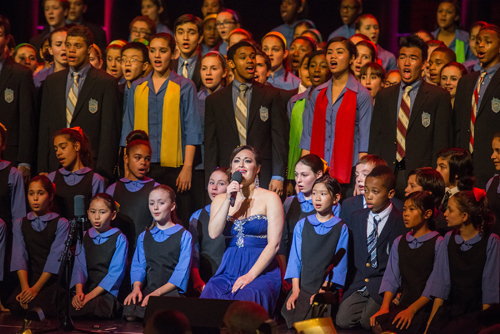
Ashley Brown — Broadway’s Mary Poppins, NEA Jazz Master Delfeayo Marsalis, and the Artistic Director of Young People’s Chorus of New York City — Francisco Nunez, believe in the transformative powers of the Arts — With a Capital “A”!
The Young People’s Chorus of New York City, known also as YPC, began its next 25 years of building on its tremendous Arts legacy with a gala at the Frederick P. Rose Hall last week. The New York Pops and special guest artists, Ashley and Delfeayo, joined over 350 YPC choristers in a spectacular musical showcase.
First Lady Michelle Obama recognized YPC with a National Arts and Humanities Youth Program Award in 2011. The award honors exemplary after-school and out-of-school arts and humanities programs for using engagement in the arts and the humanities to generate a wide range of positive outcomes, including increases in academic achievement, communication and performance skills, and cultural awareness. I caught up with Delfeayo, Ashley and Francisco to learn more about how the Arts have and continue to impact their lives.
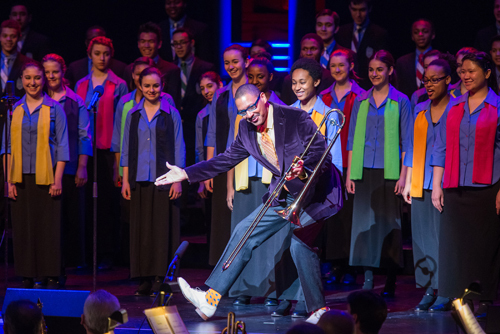
What would you say are the three most important lessons you’ve learned along the road to becoming a professional artist?
Delfeayo: First, love music. Second, prepare your mind, spirit and body as they relate to your craft to the best of your ability. And third, keep your ears open, even if your eyes be closed.
Ashley: Always stay true to who you are because that is what sets you apart from everyone else. You can never be too trained in this career. You are never going to be too good of a singer, too good of an actor or too good of a dancer. I’m still constantly in lessons perfecting my craft. Finally, discipline! This career is all about your health. I can’t do what I do if I’m sick or hurt. So I try and take really good care of myself and sometimes that means saying no to a good time.
What advice would you give to a young YPC musician who wants to enter the entertainment business today?
Ashley: Make sure you love what you do. I don’t mean kind of love it. I mean you want to make sure it is your passion and you couldn’t imagine living a day without it. Because there are times when it can be tough and it’s that love that makes you fight for it! When that moment comes when your dream comes true and you are on that stage, all that fight and struggle is so worth it.
Delfeayo: First, devise a plan and execute it. Second, love music. And third, prepare your mind, spirit and body as they relate to your craft to the best of your ability.
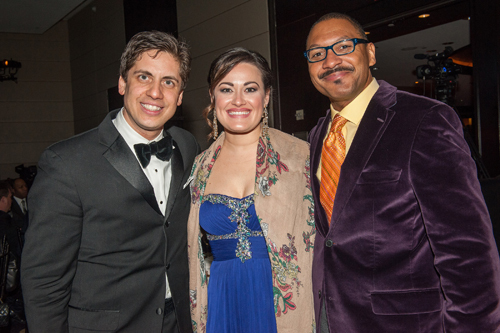
What did an Arts education give you?
Delfeayo: The ability to focus for extended periods of time and the inability to listen to pop radio for more than 4 minutes, 38 seconds at a time.
Ashley: Everything! I was horrible at sports growing up. I was always the last one picked in PE. Arts education gave me my safe place. I felt I belonged somewhere. So I started to thrive as a performer and that’s how I found out that I wanted to be on Broadway when I grew up.
A National Assessment of Educational Progress study highlighted the fact that only 57 percent of eight graders attend schools where music instruction is offered at least three or four times a week and only 47 percent attend schools where visual arts are offered that often. If you could, would you change our public schools to promote the Arts as a core academic subject?
Francisco: Arts as part of core academic subjects is something I firmly believe in, and since 2003 have been taking steps to address this. We have introduced a satellite arts program in 12 New York City public schools, which this year will reach over 900 children. The principals in these schools are strong advocates for STEAM (Science, Technology, Engineering, Arts and Mathematics), believing that the Arts, and particularly music, develop skills in children that enhance their academics, particularly in mathematics and literacy. They also observe that participation in the Arts positively affects many children socially, often raising the self-confidence of children who tend to be shy.
Delfeayo: Students should be exposed to all Arts disciplines from an early age to cultivate their creative potential as well as develop their cognitive skills. Arts disciplines also promote compassion and deep personal understanding, more of which would benefit our country on many levels.
Ashley: Arts education is so important, whether you grow up to be in the business or not. It teaches accountability and discipline and countless other skills – skills that can be used in any profession. It breaks my heart to think there are children out there who are not being exposed to Arts education. We have to change this!
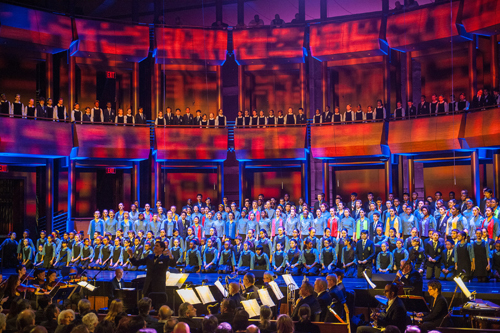
Francisco, as the Young People’s Chorus of New York City begins its next 25 years, what are the three most important lessons you take with you from the past?
I have learned perseverance in making dreams become a reality takes hard work. Second, I’d say the courage to be great. Often, children do not allow themselves to rise to their potential because they are afraid they will lose friends. In my rehearsals, I give the choristers permission to be great, to find the courage to excel. They soon realize that they will not be ostracized. Instead, they learn that their friends are challenged and inspired to do as well or better, which inevitably takes them all to the next level. They learn that if they support each other’s ambitions to succeed, they will be inspired to find greatness within themselves. Finally, providing children with the opportunity to be exposed to other children of many cultural and economic backgrounds provides them with the opportunity to learn about each other, but more importantly to learn about themselves.
What are the most important goals you have for the next 25 years?
In 2011, the President’s Committee on the Arts and the Humanities, in partnership with the National Endowment for the Arts, the National Endowment for the Humanities, and the Institute of Museum and Library Services, selected YPC to receive America’s highest honor: a National Arts & Humanities Youth Program Award. As national role models, we hope to create a greater awareness of the role of music and the Arts in general in academic excellence and achievement. Additionally, we want to continue to raise awareness among people everywhere of the importance of inclusiveness and diversity to the future of society, and to provide educational organizations both here and abroad with our YPC curriculum.

All photos are courtesy of Stephanie Berger and YPC
In The Global Search for Education, join me and globally renowned thought leaders including Sir Michael Barber (UK), Dr. Michael Block (U.S.), Dr. Leon Botstein (U.S.), Professor Clay Christensen (U.S.), Dr. Linda Darling-Hammond (U.S.), Dr. Madhav Chavan (India), Professor Michael Fullan (Canada), Professor Howard Gardner (U.S.), Professor Andy Hargreaves (U.S.), Professor Yvonne Hellman (The Netherlands), Professor Kristin Helstad (Norway), Jean Hendrickson (U.S.), Professor Rose Hipkins (New Zealand), Professor Cornelia Hoogland (Canada), Honourable Jeff Johnson (Canada), Mme. Chantal Kaufmann (Belgium), Dr. Eija Kauppinen (Finland), State Secretary Tapio Kosunen (Finland), Professor Dominique Lafontaine (Belgium), Professor Hugh Lauder (UK), Professor Ben Levin (Canada), Lord Ken Macdonald (UK), Professor Barry McGaw (Australia), Shiv Nadar (India), Professor R. Natarajan (India), Dr. Pak Tee Ng (Singapore), Dr. Denise Pope (US), Sridhar Rajagopalan (India), Dr. Diane Ravitch (U.S.), Richard Wilson Riley (U.S.), Sir Ken Robinson (UK), Professor Pasi Sahlberg (Finland), Professor Manabu Sato (Japan), Andreas Schleicher (PISA, OECD), Dr. Anthony Seldon (UK), Dr. David Shaffer (U.S.), Dr. Kirsten Sivesind (Norway), Chancellor Stephen Spahn (U.S.), Yves Theze (Lycee Francais U.S.), Professor Charles Ungerleider (Canada), Professor Tony Wagner (U.S.), Sir David Watson (UK), Professor Dylan Wiliam (UK), Dr. Mark Wormald (UK), Professor Theo Wubbels (The Netherlands), Professor Michael Young (UK), and Professor Minxuan Zhang (China) as they explore the big picture education questions that all nations face today. The Global Search for Education Community Page
C. M. Rubin is the author of two widely read online series for which she received a 2011 Upton Sinclair award, “The Global Search for Education” and “How Will We Read?” She is also the author of three bestselling books, including The Real Alice in Wonderland, and is the publisher of CMRubinWorld.
Follow C. M. Rubin on Twitter: www.twitter.com/@cmrubinworld


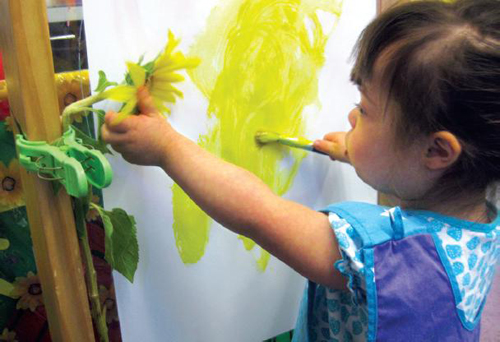
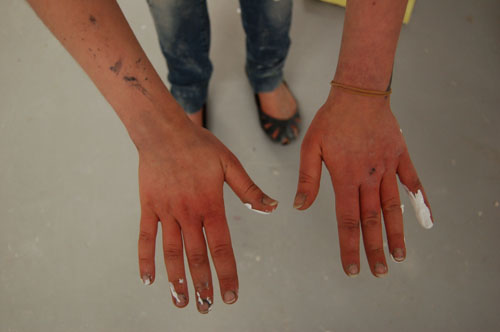
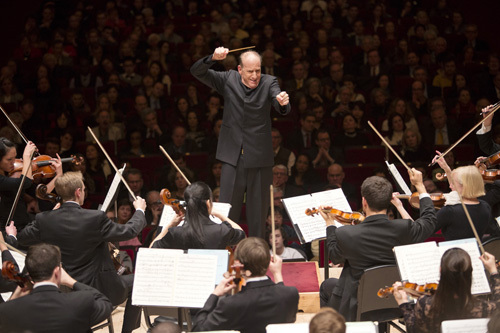
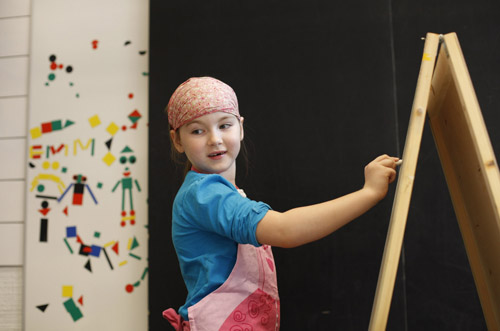
Recent Comments